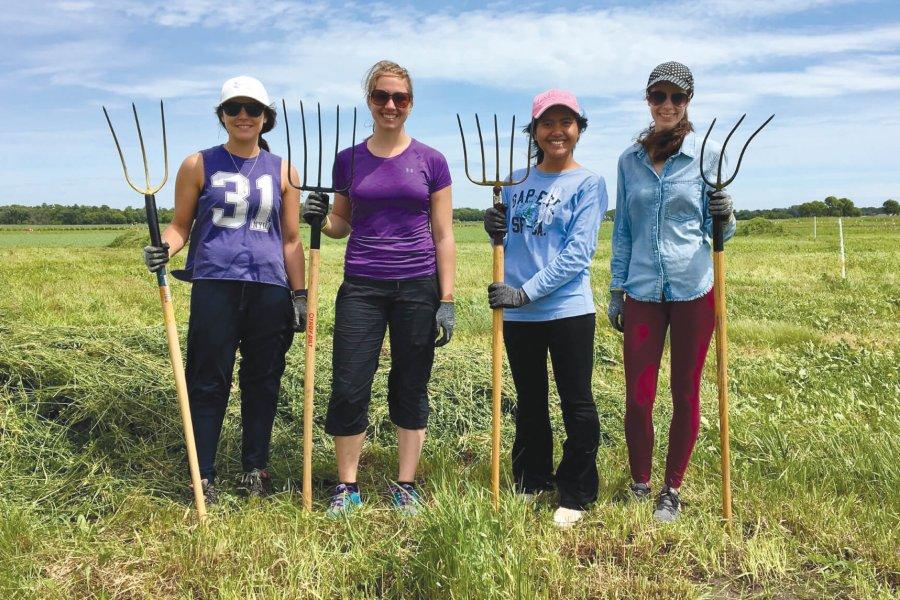ACADEMIC SUCCESS
Course requirements: Refer to the Academic Calendar to view the courses for your program of choice in the faculty.
To do this year:
- Meet with a Riddell advisor for program approval prior to registration.
- Consider focusing your education by choosing an area of specialization and selecting courses within your focus area (4-year option).
- Confirm eligibility to graduate with a Riddell advisor and declare intent to graduate in Aurora.
CAREER TIPS
Start job search 9 months in advance: Contact Career Services to refine your job search and self-marketing strategies. You can visit the office up to 6 months after graduation.
If you are continuing on to a professional program or graduate school: Finalize your application materials and required tests. Use the awards database to search for funding and awards to help finance your continuing education. Contact your department to find out how their awards dealines are advertised.
VOLUNTEER & WORK EXPERIENCE
Use your networks and connections: Inquire about unadvertised job openings (the “hidden job market”).
Ensure you have references in place: Ask your professor for a reference or a letter of recommendation if you're applying for graduate school.
Search for job opportunities online: Check out Manitoba Environmental Industries Association (MEIA), Environmental Careers Organization Canada, WorkCabin, Manitoba Eco-Network, Environmental Career Center, GoodWork, Canadian Community Economic Development Network (CCEDNet), CharityVillage, Government of Canada jobs and Manitoba Government jobs.
CULTURAL OPPORTUNITIES
Prepare to work in a multicultural environment: Visit Canada's National Research Centre for Truth and Reconciliation on campus or learn about the BEAHR training program offered through ECO Canada. Get access to LinkedIn Learning through the Winnipeg Public Library and take courses to develop your cross-cultural intelligence.


